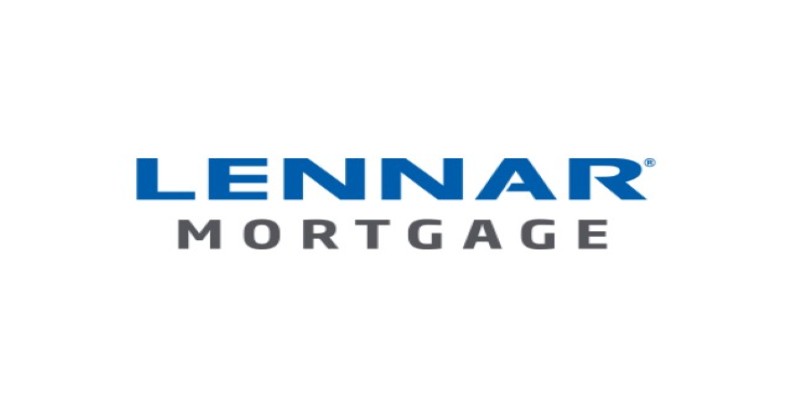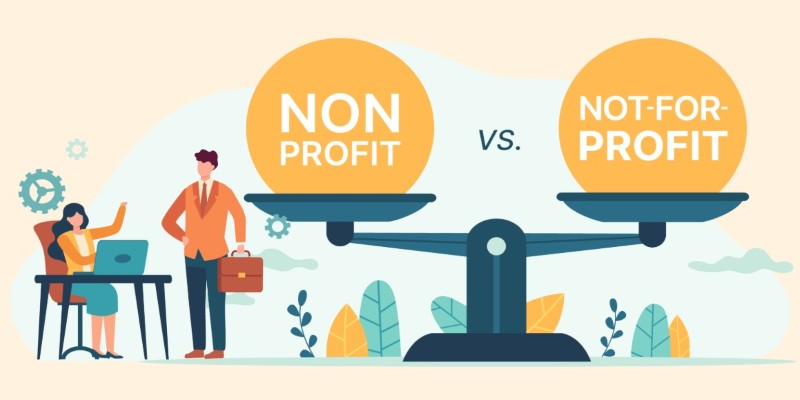Being self-employed brings independence and flexibility, but it also means shouldering your taxes. Unlike traditional employees, you're responsible for both the employer and employee portions of Social Security and Medicare taxes, which can feel steep. Fortunately, the tax code offers several deductions designed to help offset the costs of self-employment. Knowing what expenses you can write off can make a big difference when tax season comes around. Let’s look closely at the best self-employment tax deductions you can take in 2023 to lower your taxable income and keep more of your earnings.
Best Self-Employment Tax Deductions To Take in 2023
Home Office Deduction
If you run your business from home and have a dedicated space just for work, you can take the home office deduction. There are two ways to figure it: the simple option lets you deduct $5 per square foot, up to 300 square feet. The standard method calculates a share of actual costs, such as rent, mortgage interest, utilities, and upkeep, based on the percentage of your home you use. To qualify, the space must be your main work area or where you meet clients. It's an easy way to lower your tax bill.
Health Insurance Premiums

For many self-employed workers, health insurance is one of the priciest necessities, but those premiums can work in your favor at tax time. You can deduct what you pay for your health, dental, and even long-term care coverage, plus premiums for your spouse, dependents, and kids under 27. This applies whether or not you itemize. Just note you can't claim premiums for any month you qualified for an employer-sponsored plan, either through your job or your spouse's.
Retirement Plan Contributions
Setting up a retirement plan can help you save for the future while lowering your taxable income. Self-employed individuals can contribute to SEP IRAs, SIMPLE IRAs, or solo 401(k)s. The contribution limits are higher than for traditional IRAs, making these plans an effective way to reduce taxes. In 2023, you could contribute up to 25% of your net earnings (with limits) to a SEP IRA, or up to $66,000 combined in a solo 401(k) if you’re over 50 and making catch-up contributions. These contributions are deductible and help grow your retirement nest egg tax-deferred.
Business Vehicle Expenses
If you use your car for business purposes, you can deduct either the actual expenses or use the standard mileage rate, which is 65.5 cents per mile in 2023. Actual expenses include fuel, insurance, repairs, depreciation, and registration fees, but they require more detailed recordkeeping. The mileage method is simpler but still requires you to track your business miles. Note that commuting between home and a regular work location doesn’t count, but traveling to meet clients or attend business-related events does. Keeping a mileage log throughout the year is a smart way to ensure you don’t leave money on the table.
Office Supplies and Equipment
Every day, supplies you use to run your business are fully deductible. This includes items such as paper, pens, printer ink, shipping materials, and other consumables. Larger equipment purchases, such as computers, printers, or office furniture, can also be deducted either in the year of purchase (under Section 179) or depreciated over time, depending on the cost. Even software and cloud-based services you subscribe to for work can qualify as deductible expenses. Keeping receipts and categorizing purchases makes it easier to claim these deductions correctly.
Internet and Phone Expenses
Since being self-employed often means relying heavily on phone and internet services, you can deduct a portion of these costs. If you use your cell phone or home internet for both personal and business purposes, you can only deduct the portion used for business. Many self-employed people estimate this percentage based on usage patterns, but it’s a good idea to keep detailed records if possible. If you maintain a separate phone line or internet connection for work, you can generally deduct 100% of those costs.
Professional Services and Fees
Running a business often means hiring professionals to keep things on track. Fees paid to accountants, tax preparers, bookkeepers, or legal advisors are deductible. Fees for online tools and services used to manage finances or marketing count too. Bank fees, credit card processing charges, and platforms like PayPal or Stripe also qualify as business expenses. These are routine costs of running a business, and deducting them helps lighten the tax load.
Travel and Meals

If you travel for business, you can deduct expenses like airfare, hotels, transportation, and half the cost of meals during your trip. The IRS requires the travel to be directly tied to your work, so keep records showing each trip’s business purpose. Meals count only when traveling for work or meeting clients, and should be reasonable for the situation. Personal trips don’t qualify, so keep clear lines between business and leisure to avoid disallowed deductions later.
Education and Training
Education and training expenses are deductible if they improve skills needed in your current business. This includes courses, workshops, webinars, books, or trade journal subscriptions. The catch is that the education must relate to your existing work, not a different career. For example, a freelance graphic designer taking an advanced Photoshop course can deduct it, but a real estate licensing class wouldn’t qualify.
Depreciation of Business Assets
When you purchase expensive assets, such as computers, machinery, or furniture, for your business, you can recover the cost over several years through depreciation. There are rules for how long different types of assets can be depreciated, but some purchases may qualify for full deduction in the first year under bonus depreciation or Section 179. This can provide immediate tax relief for big investments and free up cash for other needs.
Conclusion
Claiming the right self-employment tax deductions can significantly lower your tax burden. Deductions for a home office, insurance, retirement contributions, and education help keep more of your income. Careful recordkeeping and knowing what qualifies are essential. These deductions reduce the strain of self-employment taxes, letting you focus on your business. Being mindful about expenses ensures you save money while staying compliant, making tax time far less stressful and more manageable.












